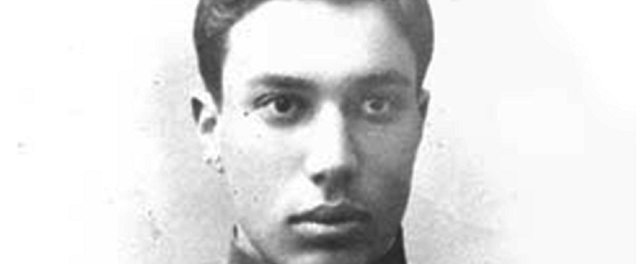
Dr Zhivago was smuggled out of Russia
To listen to this post, click here –
On this day in 1958 the Russian author Boris Pasternak was awarded the Nobel Prize for literature for his novel Doctor Zhivago that was smuggled out of the Soviet Union for publication.
The CIA was instrumental in making this happen because they saw the impact it would have at the height of the Cold War. On 25 October, Pasternak sent a telegram to the Swedish Academy: “Infinitely grateful, touched, proud, surprised, overwhelmed.” It was a huge embarrassment for the Soviets. That same day, the Literary Institute in Moscow demanded that all its students sign a petition denouncing Pasternak and his novel.
They were further ordered to join a “spontaneous” demonstration demanding Pasternak’s exile from the Soviet Union. Immense pressure was put upon the author by the authorities and he eventually decided to withdraw his acceptance of the prize (though the Nobel committee never withdrew the award). Pasternak was first of all a Russian and wanted to stay that way – there was never any question of voluntary exile. He was later tried and persecuted by the state but never imprisoned. He died in 1960 of lung cancer. Although chiefly famous for his Doctor Zhivago, Pasternak considered himself a poet. Here is his beautiful description of the essence of poetry:
It is a steeply rising whistle
It is the cracking of squeezed icicles
It is frozen leaves through the night
It is two nightingales singing a duel
It is the stifled sweet pea plant
It is the tears of the world on a shoulder
Today I give thanks for the bravery of those who are prepared to stand up against persecution and thus give inspiration to others.
